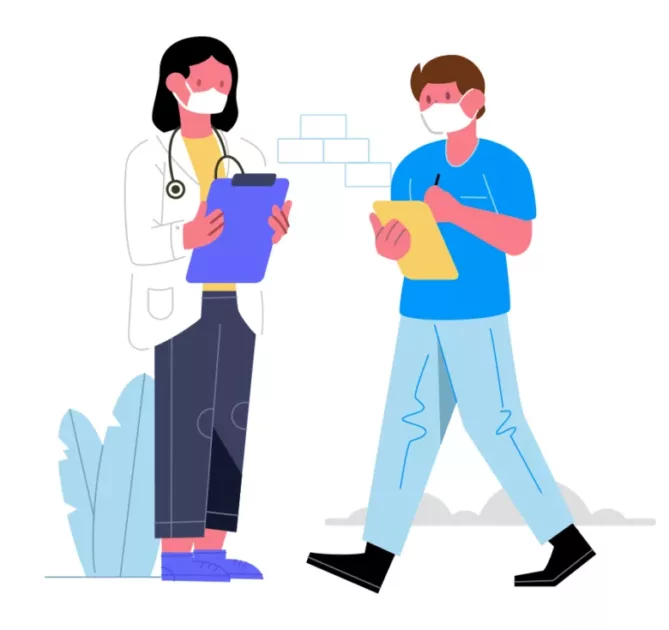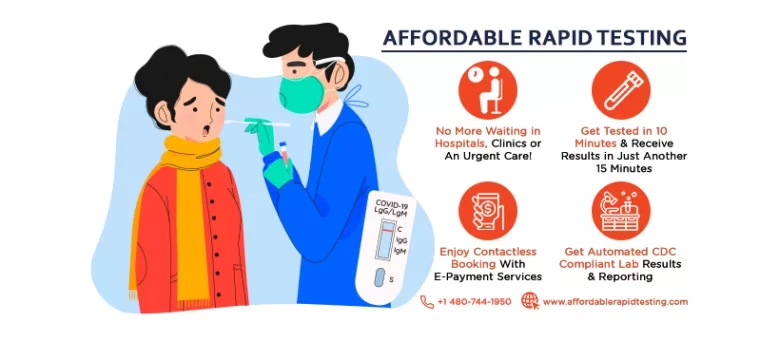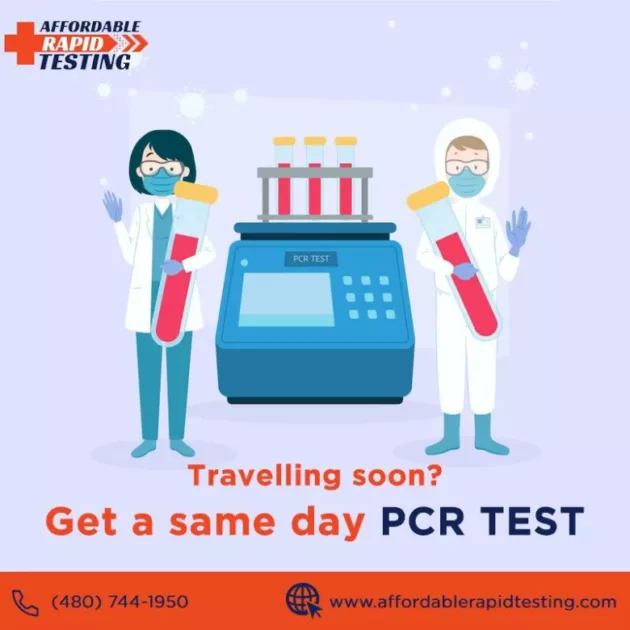Anyone who would like to be tested.
If you are out and about in the community, we recommend that you receive routine testing once a month or sooner if someone you’ve been around tests positive or if you develop symptoms.
In addition, DHEC recommends routine testing of individuals with known exposures or concerns about exposures. Routine testing allows public health workers to diagnose those who are asymptomatic and interrupt the ongoing spread of the virus.
Why is getting tested important?
DHEC continues to emphasize the importance of testing. While many people with COVID-19 have mild or no symptoms, it is still possible that they could be infected and pass the disease to friends, family and loved ones. Meanwhile, others don’t know that they’ve been in close contact (within 6 feet of an infected person for at least 15 minutes) with someone with confirmed COVID-19. Therefore, we continue to provide no out-of-pocket costs community testing events open to anyone who would like to be tested.
What are the symptoms?
You should consider getting tested if you are having any of these symptoms:
- Fever or chills
- Cough
- Sore throat
- Shortness of breath or difficulty breathing
- New loss of taste or smell
- Muscle or body aches
- Fatigue
- Headache
- Congestion or runny nose
- Nausea or vomiting
- Diarrhea
Who should get tested?
Those having symptoms of COVID-19 should separate from others and get tested as soon as possible. DHEC recommends that persons without symptoms of COVID-19 get tested if they had close contact with someone who is ill with COVID-19. DHEC also recommends testing at least once each month for persons without symptoms of COVID-19 who are frequently out in the community.
Close Contacts Without Symptoms of COVID-19
If you have been in close contact with someone who is contagious with COVID-19, you should quarantine at home. The quarantine period is 7-10 days after last contact with the person, but may vary if you live in the same household as that person or if you are tested. You should be tested immediately after finding out you were a close contact to someone with COVID-19 and you may also be tested again 5-7 days after last contact with the person who has COVID-19 (this is usually about 5-7 days into the quarantine period). If you do not get tested you must remain in quarantine for 10 days.
- If you test positive for COVID-19, you will need to complete a ten (10) day isolation period beginning the day the test was collected. You need to consider yourself contagious and able to spread the virus to others. Many people have no fever or other symptoms when they first get the virus. There is no need to repeat the test. Because the test may remain positive for weeks even after you’re not contagious, repeat testing to end isolation to return to school or work is NOT recommended.
- If you test negative for COVID-19, stay in quarantine for the full quarantine period of 7 days.
Persons Without Symptoms of COVID-19 who are Frequently in the Community
DHEC recommends testing at least once each month if you are frequently out in the community. You may test more often if you did not or were not able to follow safety steps like distancing from others and wearing a mask. If you are not ill with symptoms of COVID-19 or have not had known contact with someone contagious with COVID-19, you do not need to isolate at home while waiting on these test results because you are not believed to be at increased risk. However, it is possible the test may come back positive. Therefore, while waiting on your test results, it is very important to practice the preventive actions of physical distancing and wearing a mask while in public. You should take care to avoid close contact with others until you know the results of the test. If you are not ill but are concerned you might have been exposed, such as being at an event with a large number of people, you should strongly consider staying home until your test results are known.
- If you test positive for COVID-19, you will need to complete a ten (10) day isolation period beginning on the date your test was collected. Anyone who was a close contact to you beginning up to two (2) days before you had the test will need to quarantine for 7-10 days after last contact with you. Details regarding quarantine can be found here.
- If you test negative for COVID-19, you do not have to isolate but should continue practicing physical distancing and wearing a mask while in public settings to prevent exposure in the future.
Do you need to get tested after you’ve been fully vaccinated?
- Everyone who has symptoms of COVID-19 should get tested regardless of vaccination status. CDC released recommendations that those “fully vaccinated” do not need to quarantine and do not need to be tested, unless you have symptoms. Fully vaccinated is defined as being 14 days after the last shot (the second shot of Moderna or Pfizer, or the one shot of Johnson & Johnson (Janssen)). There are some exceptions to this, such as nursing home residents still must quarantine and get tested. Healthcare workers and some workers in high density environments like meat processing plants may still be recommended for testing. Certainly, if you are in close proximity to someone at high risk for severe COVID-19, you might consider getting tested regardless of vaccine status. Additional testing guidance is available from the CDC.
- DHEC continues to review the evidence to determine benefits of continued testing after vaccination. Testing allows for surveillance of overall disease activity and variants that arise in the state. Vaccine breakthrough can occur with the most common circulating strain or variants, and some of these individuals may never show symptoms. DHEC will take these factors into consideration for future recommendations.
Additional Testing Information
- If you have had a positive test, you do not need another test for 3 months after the test date or when symptoms began.
- Testing children is also important, especially if they have been in close contact with someone who has COVID-19. Children may not have fever or other signs of illness yet be able to spread the virus. Your child’s provider might also test for other common illnesses, such as flu or strep throat. Testing is key to keeping you, your child, and your community safe.
- An antibody test is done with a blood sample. This test should NOT be used to diagnose COVID-19 infection. A positive antibody indicates you were probably infected with COVID-19, but it doesn’t tell when. You should not consider yourself protected from the virus.
- Help protect yourself and others by preventing the spread of COVID-19 in our communities by getting tested.


